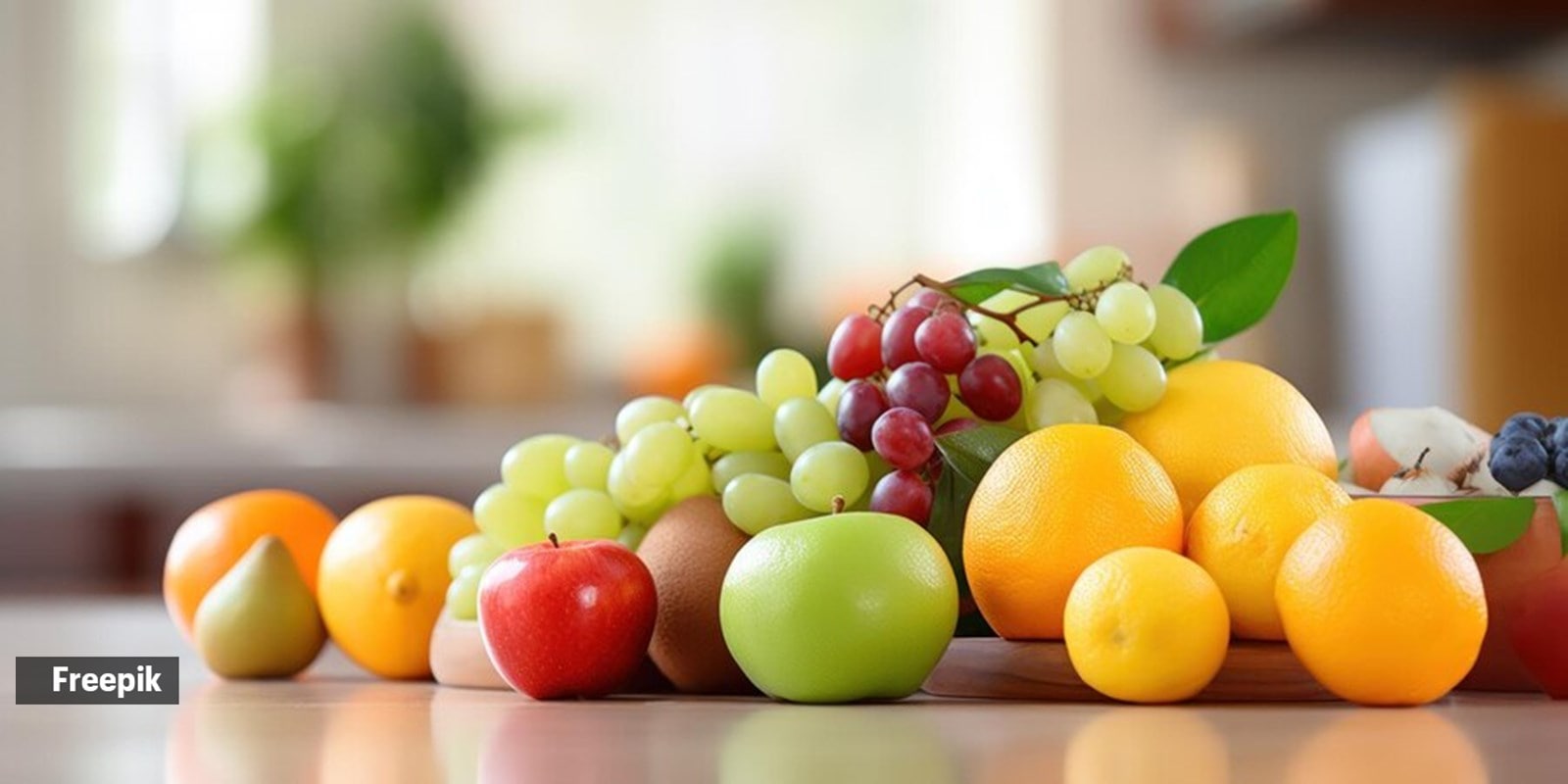📣 For more lifestyle news, click here to join our WhatsApp Channel and also follow us on Instagram
Which fruit has the most and least amount of protein? Find out here
By strategically pairing protein-rich fruits with nutrient-dense foods, you can maintain a well-balanced diet that supports muscle health, metabolism, and overall nutrition.
 Which fruit has the least amount of protein? (Source: Freepik)
Which fruit has the least amount of protein? (Source: Freepik)For many, adulthood may feel like an endless quest to meet daily protein requirements. While we often associate protein intake with vegetarian and non-vegetarian food sources, did you know that some fruits can also help you reach your protein goals? Let’s explore the fruits that are highest and lowest in protein content.
Deepalakshmi, registered dietitian at Shree Balaji Medical Centre, Chennai, said that while fruits are generally not considered primary sources of protein, some varieties contain more than others and can contribute modestly to daily intake.
“Among commonly consumed fruits, guava stands out as the fruit with the highest protein content, providing approximately 2.6 to 3 grams of protein per 100 grams. It is also rich in dietary fibre, vitamin C, and antioxidants, all of which support digestive health, immune function, and overall well-being,” she said.
According to her, consuming one medium-sized guava, approximately 150 to 200 grams per day, can provide 4 to 6 grams of protein, along with essential micronutrients. This makes guava a great addition to the diet, especially for those looking to increase their protein intake from plant-based sources while benefiting from its vitamins and fibre.
 Which fruit has the most amount of protein? (Source: Freepik)
Which fruit has the most amount of protein? (Source: Freepik)
Which fruit has the least amount of protein?
Watermelon is on the other end of the spectrum according to Deepalakshmi, offering only 0.6 grams of protein per 100 grams. “While it is not a significant source of protein, watermelon is highly hydrating and provides key nutrients such as vitamins A and C, potassium, and antioxidants like lycopene. Due to its high water content, it serves as an excellent option for maintaining hydration, especially in hot climates or after physical activity,” she said.
Consuming one to two cups, approximately 200 to 300 grams, of watermelon daily can support hydration, electrolyte balance, and antioxidant intake, but it should not be relied upon as a protein source.
Key takeaways
While fruits alone do not provide sufficient protein for meeting daily dietary requirements, incorporating protein-rich fruits like guava can contribute to overall intake. However, for individuals aiming to increase protein consumption, Deepalakshmi advised complementing fruit intake with other high-protein foods such as yogurt, nuts, seeds, or plant-based protein sources like legumes.
By strategically pairing protein-rich fruits with nutrient-dense foods, you can maintain a well-balanced diet that supports muscle health, metabolism, and overall nutrition.
📣 For more lifestyle news, click here to join our WhatsApp Channel and also follow us on Instagram



- 01
- 02
- 03
- 04
- 05
























